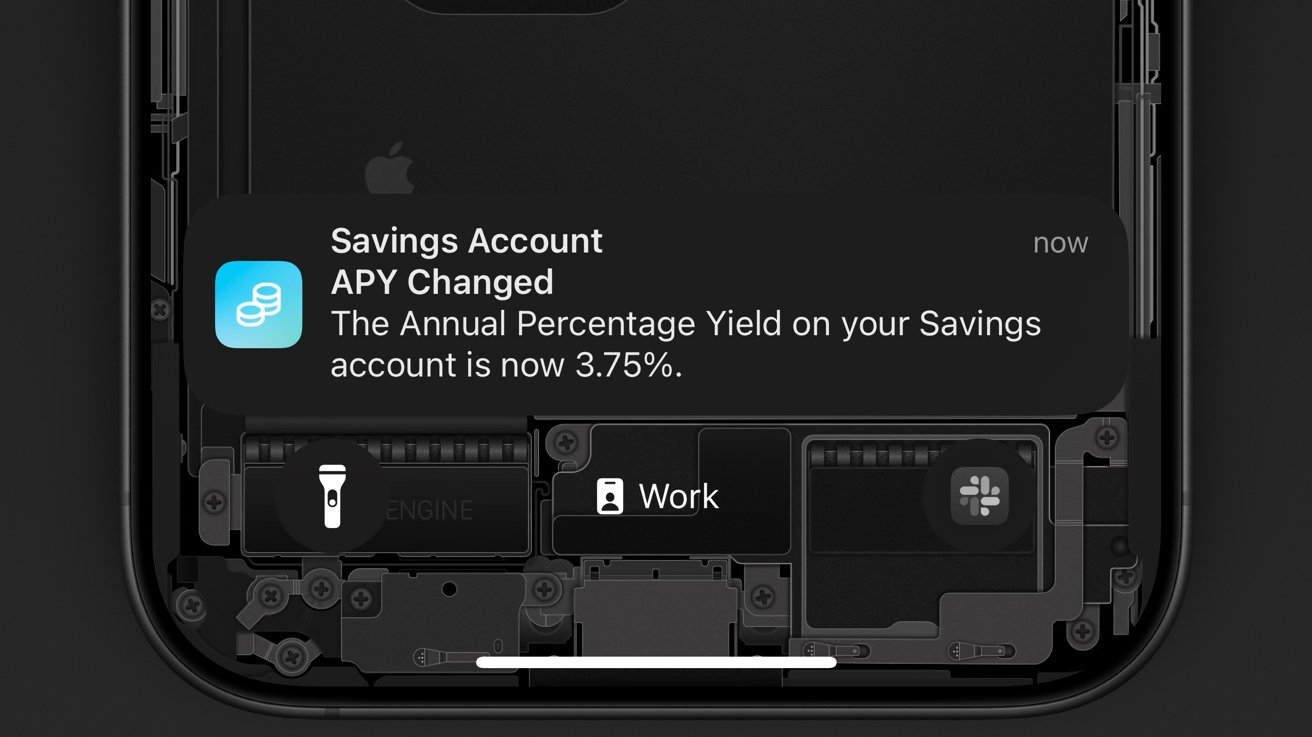
NPR CEO Katherine Maher makes the case for why public radio is essential to American democracy
www.fastcompany.com
Tomorrow, NPRs CEO Katherine Maher goes before a DOGE congressional subcommittee to defend the public media outlets case for federal funding. Maher gives a preview to her testimony, sharing how funding cuts would impact Americans broad access to crucial news and information, particularly in rural and local areas. Maher also reveals NPRs strategy for reengaging with their audience, how the organization can better frame its identity as an outlet for all Americans, and more.This is an abridged transcript of an interview from Rapid Response, hosted by the former editor-in-chief of Fast Company Bob Safian. From the team behind the Masters of Scale podcast, Rapid Response features candid conversations with todays top business leaders navigating real-time challenges. Subscribe to Rapid Response wherever you get your podcasts to ensure you never miss an episode.When you joined NPR last year, the organization faced plenty of business challenges: audience engagement, business model. Since then, the environment just got a whole lot more fraught.There was a high profile criticism about newsroom bias last spring from an editor on the staff. That sounds almost quaint right now though. Youve been called to testify on Capitol Hill tomorrow to speak before the DOGE subcommittee in a hearing titled Anti-American Airwaves, alongside the head of PBS. What do you expect from that? What should we all expect? How do you prepare for that?Honestly, I view it as an opportunity. I view it as an opportunity to go and talk about all the great work that NPR does, but also the great work that our stations do. I think that thats something that often gets lost in the conversation about public radio is the overall percentage of funds that go directly to local stations.The importance of the local station network, and the fact that when people are listening to public radio, they are not listening to us broadcasting from D.C., theyre listening to their local station, which is probably, chances are, attached to a local university.Or its a community nonprofit, and its making the choices about what folks hear on the air. It probably has some call-in public affairs show where you can talk about whats going on that matters to you as a resident of your town, your city, et cetera.So, just really getting back to that, that feels like such an important part of what Im there to do.And, how do you prepare? I mean, you prepare by making sure you know what youre there to say, and you prepare by making sure you know what it is that you want to be able to communicate about the value of the work, and you prepare by a lot of practice. Its like trying to go to Carnegie Hall. Its a lot of practice.I was talking to a friend about doing this interview. He was telling me a story about talking to a colleague whos a MAGA republican, and he mentioned an episode, he said, Oh, Ill send you this episode of This American Life. And they were like, Oh, its on NPR. Oh, no. It almost sounds like there are people who are listening to NPR stations that maybe dont realize theyre NPR stations, or dont connect it to this conversation about, I dont know, it being anti-American.I really want to rebuff this idea that in any way that public radio is anti-American. For starters, we are a uniquely American model. We are a public-private partnership. For every single federal dollar we get, local stations raise an additional seven. They rely on their communities, they rely on local businesses. NPR is 25% of what you hear on public radio airwaves on average.In fact, 75% of stations programming is either other shows that they purchase or local shows that they produce. And, This American Life is a great example. We love This American Life. I heard Glass used to work at NPR. But its not an NPR program. It is a public radio program. Its part of the diverse texture of what is actually available.Theres 1,300 public radio stations across the country. They represent their local communities in ways that are hyper unique, whether were talking about high school basketball, the price of sorghum wheat.Its easy to forget about if youre just listening to the radio in perhaps New York or a D.C., is that all of this is very much in tune with whatevers going on in American lives at any particular point in time in this enormous nation of ours.NPR isnt a federal agency, as you have said. You get money from lots of different places. But, the subtext of this DOGE hearing is the prospect of losing federal funding or some important part of it. What would the practical impact of losing that funding be? I can imagine youve been preparing for this possibility even well before this hearing came up.We have to be prepared for all scenarios all the time. The thing that I would want everyone to know about federal funding is the impact that loss of federal funding would have on local stations.121.5 million goes to public radio on an annual basis, its a lot of money, I want to acknowledge that. And its also not a ton of money relative to the total size of the American public budget, right, the federal budget, a 100 million of that goes direct to local stations.And, disproportionately, the percentage of those funds goes to support stations that serve rural communities, that serve less affluent communities, that serve communities with really large areas of service, where the infrastructure investment in making sure that broadcast airwaves reach the country is significant.I think about my colleagues in Eastern Kentucky who have to put repeaters and hollers in order for Eastern Kentuckians to be able to hear those radio broadcasts. The loss of federal funding would directly impact the ability for stations to provide coverage, which currently 99.7% of the nation has access to airwaves.It would directly affect our ability to be part of the emergency broadcast system, and it would directly affect the ability of local stations to be able to continue to support commission and purchase programming about their communities.Thats where the harm would be. The harm would be for the local stations, and thats what were trying to avoid, because its very easy, again, in D.C. to forget that weve lost a third of newspapers across the country in the last 20 years.One fifth of Americans live in a news desert. Public radio, public broadcasting, your local newsroom is often the only news that folks have that actually cares about their community and covers the issues that listeners care about.Youre for all Americans, but you had an editor at NPR say, No, the news has been biased. The way you talk about COVID, or the Mueller report, or whatever. There is this impression from certain people in America that NPR is not for all Americans, and obviously, thats what the hearings about tomorrow.Yeah. And thats one of the reasons that Im here: I believe very deeply that that is our objective and our responsibility. I had someone come up to me and they said, Im a conservative. I grew up on NPR. I love NPR. And Im just not sure its a home for me right now.And that struck me. That cut me to the core. I want it to be a home for everyone. I want people to feel as though its their home for curiosity, its their home for understanding the world. Certainly, thats the role it played in my life as a young person.So, for starters, we have really reoriented the organization around audience needs. Broadcast radio is not the greatest way to understand audience needs because we just dont have that much information about how people are listening.But as we have more digital data around people who are coming to our websites, or listening to our podcasts, or even just streaming from our app, those linear radio experiences, it starts to be able to help us understand how to better serve audiences.In the past, the only audience research that we did was with people with college degrees, but only 35% of Americans have a college degree, which meant that we were not listening to the needs of all Americans. How do you run a media organization and say, 65% of my potential audience, Im not going to ask them what they want. So were doing that, which I think makes a really big difference.The thing that weve identified in terms of our audiences is that curiosity is the most common characteristic. And the great news is that curiosity is not a partisan trait. Curiosity exists in every demographic, every age group, every political persuasion. And so, thats a great place for us to hone in on our curiosity.Whats going on in the world? How do we explain it? How do we give people the information to go a little bit deeper, give them that context that helps them situate themselves? And I think its time for us to reintroduce ourselves as if this is what were here to do, and yes, were here to do it for everyone.Hows the mood and morale on your team these days?Theyre here to go to work. I just walked through the newsroom to get here to the studio, and everyones heads down, theyre working, theyre reporting, theyre producing, theyre getting ready to file their story for All Things Considered, or theyre getting ready for whatever band is coming in for Tiny Desk next.I think that the overall environment right now is that people really want to do the work. Theres a lot of news in the world today, whether were thinking about the transformative administration, whether were thinking about questions of space exploration.I think people feel as though, of course, this is a different moment in time, and it is really important that we show up and are responsive to peoples questions about the value of our work.I come back to the fact that when we talk about efficiency, public radio is remarkably efficient. The cost per public media per American is $1.60. Its basically when you go to check out at CVS and youre asked to round up to a good cause, thats us.Thats what we cost. Public radio costs less than $1.60, the public media as a whole is $1.60 per American per year. As I said, for every dollar of federal funding, $7 of private funding.Weve got a good story to tell, and 75% of Americans want to see public media maintain or increase its current funding levels. So, again, I think thats the story were here to tell.
0 Commentarii
·0 Distribuiri
·65 Views










